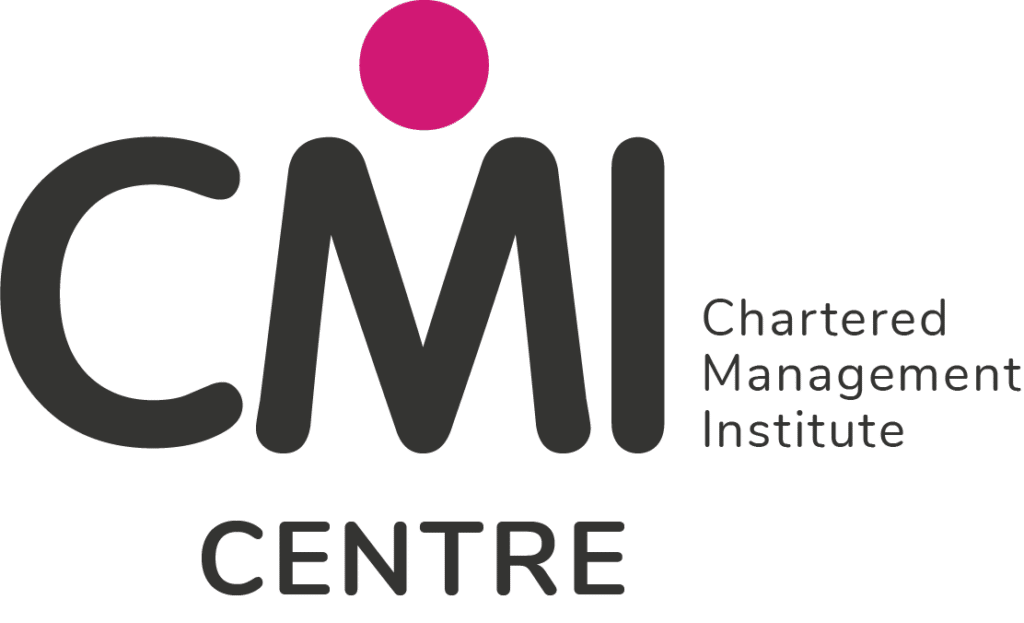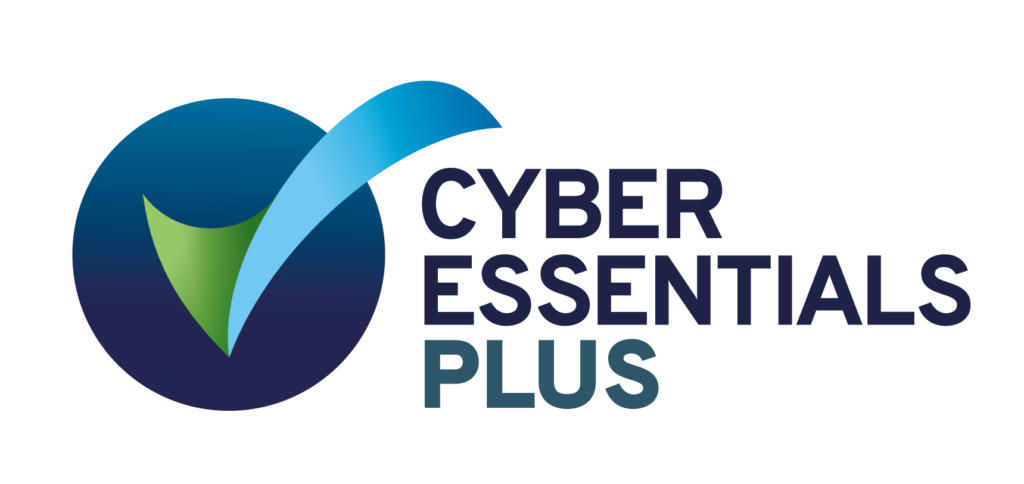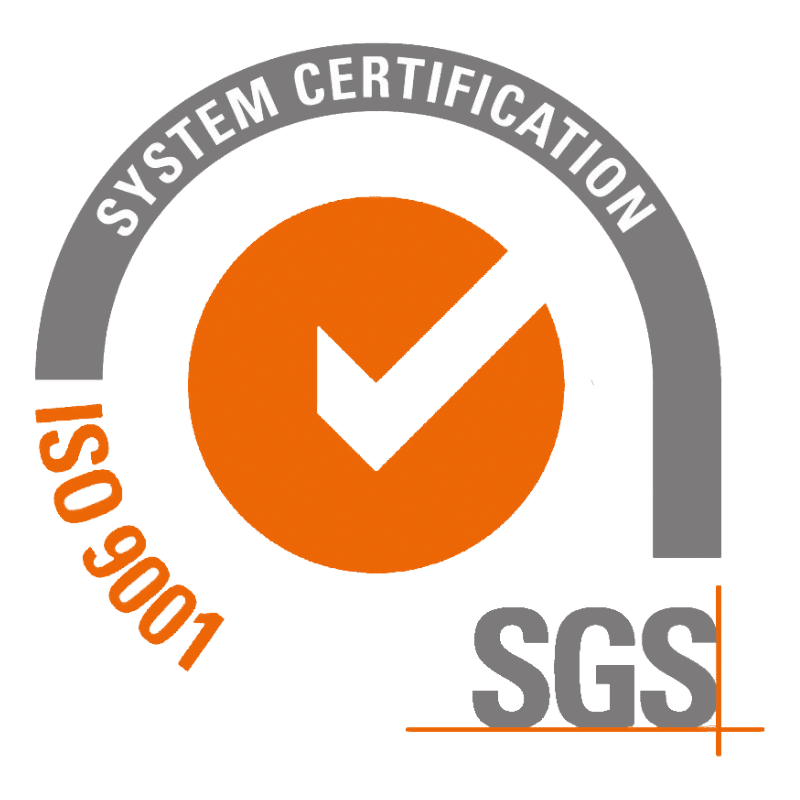Coaching skills and cultures remain at the top of many organisational development wish lists. The associated emphasis on open and honest communication, building trust and continuous improvement have empowered many teams to succeed in uncertain and disrupted times.
Coaching cultures are usually developed as a method for improving learning and performance. Whether formal and given deliberate structure, informal and sprinkled throughout management behaviours, or both, workplace coaching helps to increase confidence, identify development needs and make the most of people’s potential. Emphasis shifts to making the right decisions and getting the right things done, making people more capable and, by magnification, making the wider organisation stronger.
Ingraining a ‘culture’ is not a short-term project, nor will it happen overnight. It means that – if successful – behaviours, approaches and actions are so commonplace they essentially represent workplace habits and, as we all know, new habits are hard to form and old ones, as the saying goes, die hard.
So, those pointing their learning strategy and their workforce in the direction of a coaching culture need to be convinced that it will be worth it. Fortunately, in addition to some of the immediately obvious benefits already mentioned above, which may have already occurred to you, a closer analysis of coaching culture success stories reveals some slightly less obvious ones too:
Increased resilience and improved reaction to change

As a global pandemic has demonstrated, resilience and openness to change are critical organisational traits. A coaching culture can encourage leaders to create closer partnerships with their people and teams; the ‘engine room’ of the organisation.
So, when the going gets tough (or rather, uncertain and unpredictable) they react more as a cohesive unit, and less as individuals. This has positive impacts on buy-in to, and engagement with, organisational changes, as well as increasing the speed of decisions.
Coaching cultures dissuade people from suffering in silence by promoting, instead, continuous reflection on their concerns and suggestions. One result of this is a level of team and organisation-wide resilience that is built on a shared responsibility.
A more streamlined and manageable appraisal and support process

Music to the ears of time-poor people managers: a coaching culture makes appraisal and performance support a continuous process, so more efficient and easier to accommodate.
By reducing emphasis on paperwork, evidence gathering and even unpopular ‘performance review’ meetings themselves, leaders are freed up to have more frequent engagement with their team and their needs and concerns are reported in real time, rather than being ‘saved up’ and fed back at the same time – with delayed actions.
The process of individuals learning about how their manager views their performance is one of the more delicate and sensitive elements of people management – somewhat inevitable when looking at areas to improve, and not helped if taking place in a ‘formal’ meeting. A coaching culture can help it to feel more organic and natural for all involved.
An increased appetite for learning and personal development

Something inherent with a coaching culture is that time spent in pursuit of personal development and improvement is never wasted. This, in turn, encourages career development conversations to take place, and can fundamentally change mindsets around training and learning.
In a CIPD podcast; the L&D team of a large high street chain even admitted to (almost) being victims of their own success – with their new coaching culture bringing more career development interest and requests to the L&D team than they were able to handle!
If you are seeking to encourage a proactive approach to personal development, there are certainly worse problems to have than having to respond to a surge in demand for courses, training and learning support.
Whatever your business context, establishing an organisational culture of coaching can act as a multiplier for engagement, enthusiasm and productivity from the executive board through to your front-line staff.
One well-demonstrated way to develop a coaching culture is to make sure your managers, leaders and workplace coaches are equipped the latest skills, knowledge and behaviours to coach confidently, effectively and safely as part of their existing role.

In our experience, there is no better way of doing this than supporting staff to study for ILM’s popular Coaching & Mentoring qualifications. Eliesha can equip your staff with these at levels 3, 5 and 7 – and via a variety of delivery methods to suit how and where it is best for your people to learn.
Our preference is always for a learning partnership, and for gaining a thorough understanding of organisational goals, objectives and context before presenting a solution.
We have successfully delivered coaching qualifications for organisations in a variety of sectors, such as health, education, emergency services, housing and retail, and for company sizes ranging from SMEs to multinationals.
We’d love to hear from you about any requirement, big or small, so don’t hesitate to get in touch.







